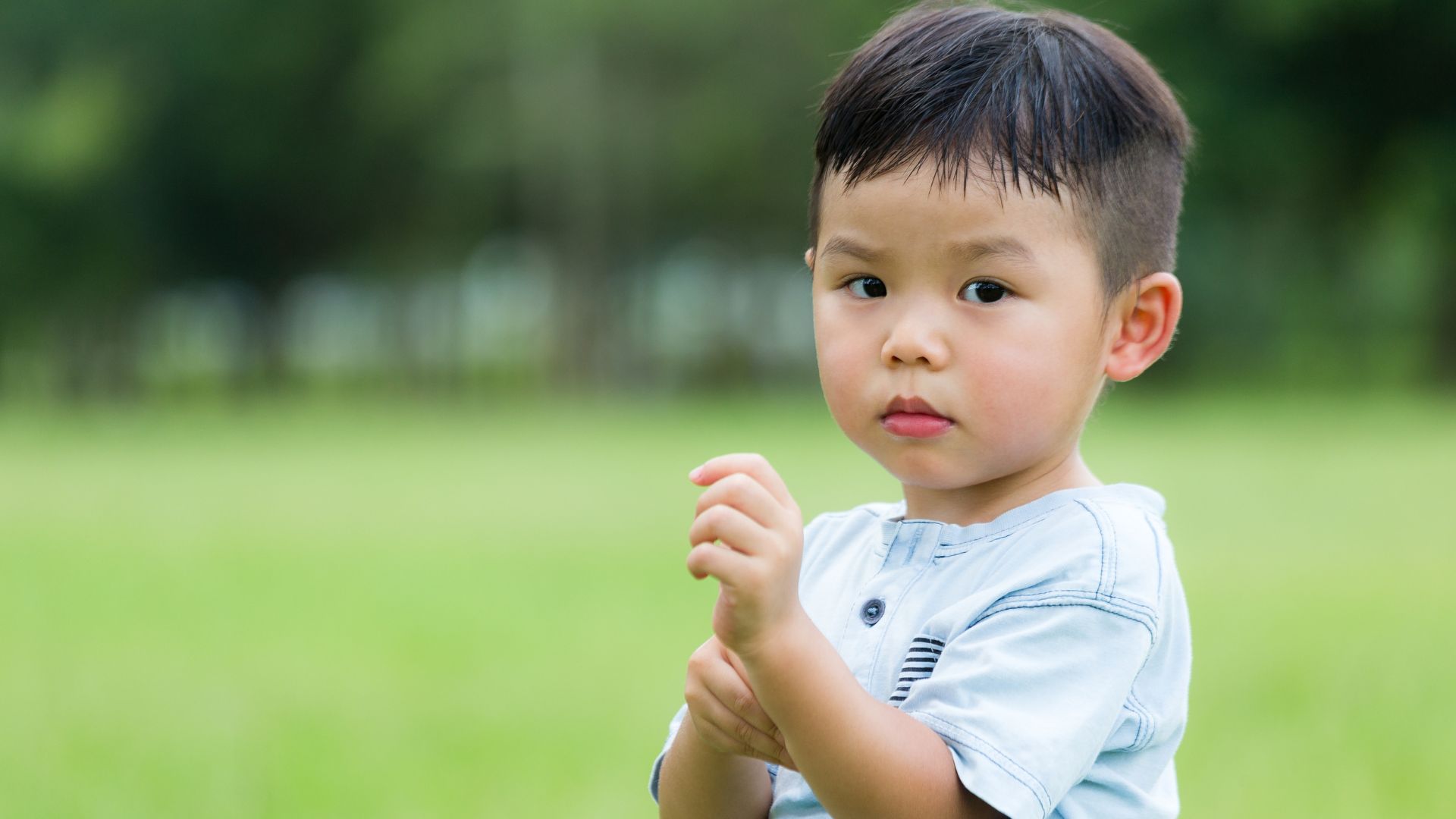Q: I’m worried about my kids and the long-term effects of this global health crisis. It’s not so much the fear of the virus itself, but all the upheaval in life, family, school. Am I right to worry?
A: To say this is a stressful time is an understatement.
COVID-19 is changing our lives in so many ways. For kids, it’s completely upended their school life, their sports, hobbies, routines. No one can say for certain how long the pandemic will last, so it’s understandable to wonder how the switch to a “new normal” will impact kids.
From toddlers to teenagers, kids are facing a number of challenges to their routines and development during this time.
Social distancing means they can’t play with their friends — and develop interactive social and physical skills like they could before — and that can lead to feelings of isolation. Teens are typically beginning to explore their need for independence. But that normal part of growing up is hard to do when it’s recommended that they stay home. And, we can’t forget about parents; they’re under more stress, too.
We also know some trauma can have lasting effects on kids. There’s a term for that type of trauma — adverse childhood experiences (ACEs). These are traumatic events during childhood that have been linked to health and mental health problems in adulthood.
So how will this generation handle this experience? We just don’t know.
But children are tremendously resilient — and there’s a lot we can do to help them.
Try honesty: It starts with us. Parents are, after all, the people children look to when they’re learning how to cope. Kids take cues from us. My colleague Sarah Jerstad, a child psychologist, reminds us that the emotional tone you use when talking about COVID-19 can often be more important than what you say.
She says: “It’s a matter of being yourself. Don’t try to be too tough or too strong for these kids or pretend that this isn’t a big deal. It is, and they’ll recognize that you’re feeling that, too. And if you’re honest about it — and if you can model that for your kids — it’s actually really helpful.”
Stay on schedule: There are other small, simple things to help ease your children’s stress during this time. Keep a schedule for daily and weekly activities like reading, getting physically active and sleep. Kids feel better, and often calmer, when they can stick to a schedule.
Limit screen time: Being out of school and away from their friends can feel very isolating, so find ways to help them stay connected. Technology is great for that during lockdown, of course — though we also recommend limiting the amount of time they spend on devices.
Get outside: When they need a break from screens, get them outdoors. Walks around the neighborhood or a game in the park can do wonders for every member of your family.
Ask for help: Don’t be afraid to reach out for help for yourself or your child. Whether your child has previously needed support for mental health or if you’re newly worried about a child who’s having a hard time right now, help is available.
We at Children’s Minnesota are working hard to make sure we can be there for everyone who needs us, even if it’s through a virtual consultation. Parents need to take care of themselves, too, and reach out for help if they need it.
Find more resources — including an online behavior checker — at childrensmn.org/behavioral-support-hub.
Dr. Gigi Chawla is a board-certified pediatrician and the chief of general pediatrics at Children’s Minnesota.






















